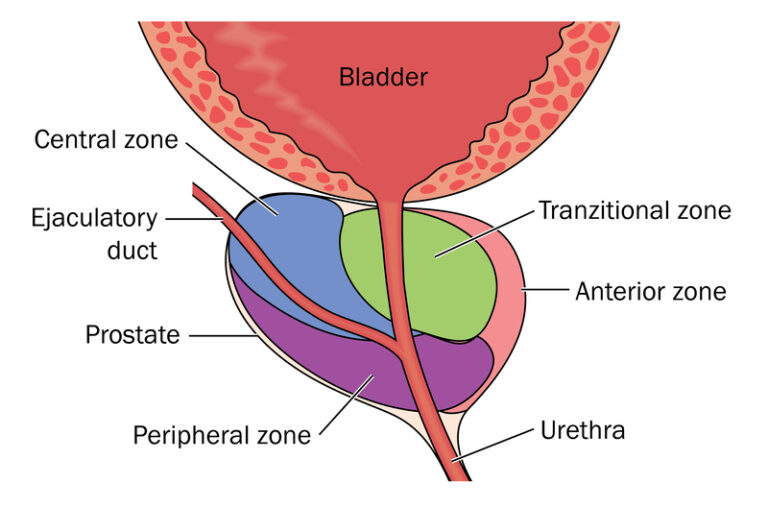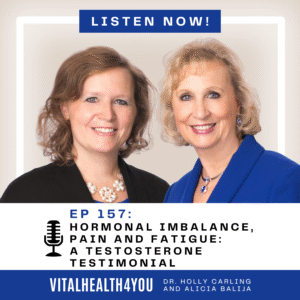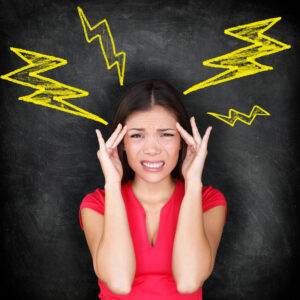Many men suffer from prostate problems and don’t even know it. Some statistics say that by the age of 60, 50% of men have urinary issues related to their prostate. That goes up to 90% by age 80. How do you know if you have prostate issues?
Let’s start with the most basic: gender. Only men have prostate glands. I know some of you are thinking “no, duh!”, but not everyone knows this. I remember once a woman coming in as a new patient and told me she had prostatitis. She said, “before you say anything, I’ve done lots of research on the internet and I am absolutely convinced this is what I have”. After hearing her out, I had to give her the news: women don’t have a prostate gland. I still remember the look on her face.
Next, what does it do? It makes some of the fluid in semen that carries sperm from the man’s gonads, to be discharged during sex. It also works to keep semen from spilling into the urethra and is responsible for metabolism of a hormone (transforming testosterone to DHT – dihydrotestosterone).
But, as with any other system in the body, things can go awry. Symptoms include: Frequent or urgency to urinate, bathroom trips during the night, difficulty starting or stopping urine flow (or dribbling), weak stream or a urine stream that starts and stops, and/or feeling like the bladder doesn’t empty. If it progresses, it can evolve into a urinary tract infection, difficulty urinating (even to the point that you may have to go to the ER to be catheterized), or even blood in the urine.
Benign Prostatic Hyperplasia, or BPH, is when the prostate enlarges, causing the symptoms mentioned above. An enlarged prostate doesn’t necessarily mean there is a health issue, as it is common with aging. Also, you can have prostate problems and barely any enlargement. However, any of these symptoms warrant investigation. BPH means that it is benign, not cancerous. It is not necessarily a risk for cancer, but the symptoms of BPH and prostate cancer can be similar, so they shouldn’t be ignored.
Fortunately, there are things you can do to reduce prostate enlargement: First, a review of medications may be in order as they can have a negative impact on prostate health. The primary ones include diuretics, antihistamines, antidepressants and sedatives.
Eat well. Junk foods, especially those containing sugar and hydrogenated fats and other bad fats, processed meats and alcohol can be problematic for the prostate. Caffeine can cause increased urination and urinary frequency, and increase bladder contractions.
Exercising regularly, urinating when the urge hits and not waiting, keeping your lower torso warm, and reducing your stress are helpful. In addition, a meta-analysis of acupuncture for moderate to severe BPH showed significant improvement and warrants investigation of this proven method for treatment of prostate concerns.
©2020 Holly A. Carling, O.M.D., L.Ac., Ph.D.







